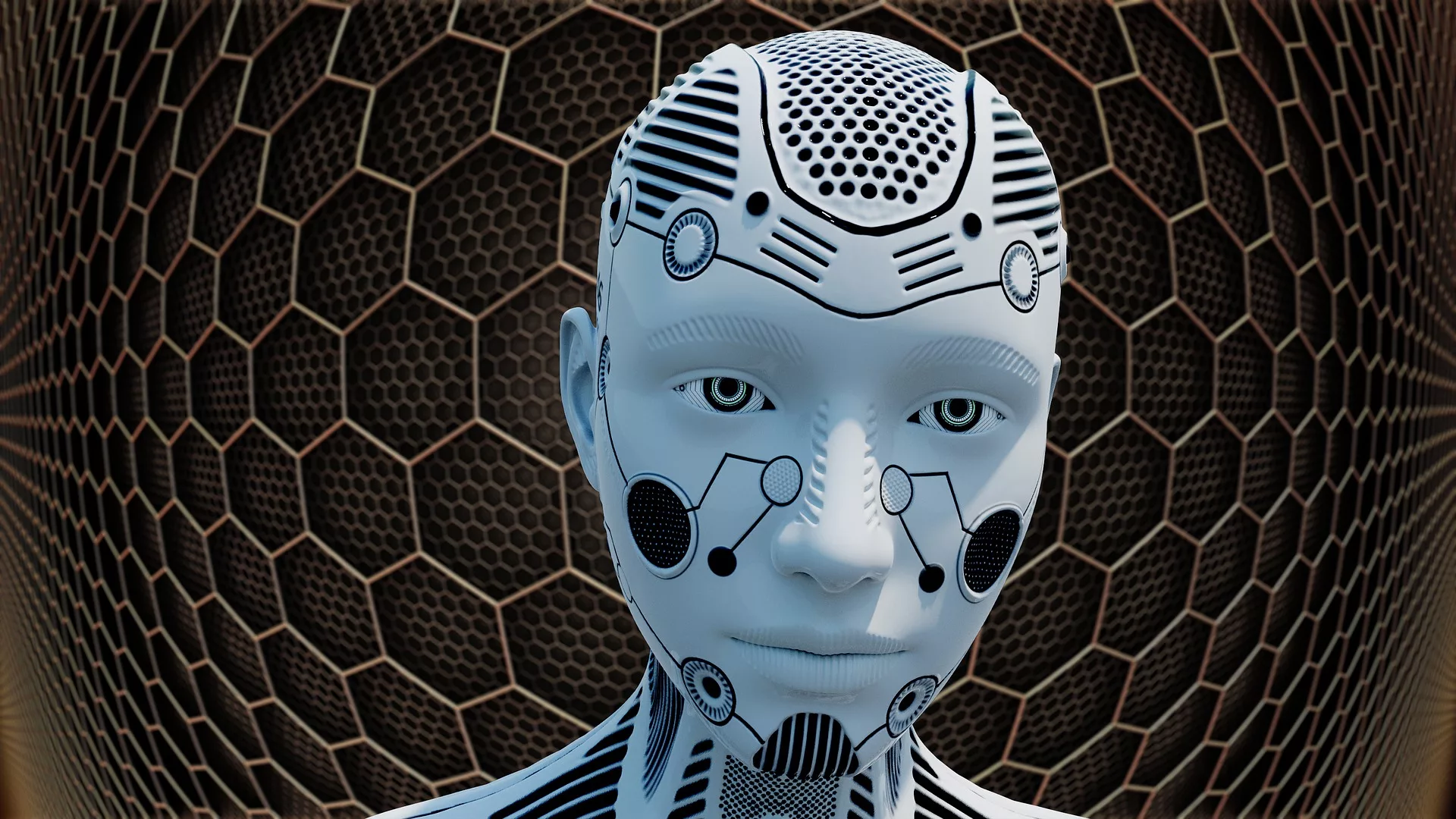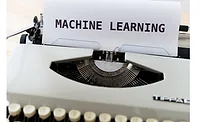NIOSH Partners with National Science Foundation to Fund Workplace Robotics Research

The National Institute for Occupational Safety and Health (NIOSH) has partnered with the National Science Foundation (NSF), along with the National Aeronautics and Space Administration and the U.S. Department of Agriculture, to make funding available to study collaborative robots (co-robots) in the workplace.
NIOSH is the federal institute that conducts research and makes recommendations for preventing work-related injuries, illnesses and deaths.
The NSF published a Program Announcementexternal icon on December 2, 2019 calling for proposals for the National Robotics Initiative 2.0 (NRI 2.0). According to the NSF, “The NRI-2.0 program builds upon the original National Robotics Initiative program to support fundamental research in the United States that will accelerate the development and use of co-robots.” A co-robot is a robot whose main purpose is to work with people or other robots to accomplish a goal.
Through the initiative, NIOSH seeks to fund research on co-robots for reducing workplace risk exposures, research to identify the potential risks of co-robots to workers and research to evaluate various control strategies to protect workers. Research projects should address industry sectors likely to deploy and benefit from co-robots such as agriculture, construction, healthcare, and mining and consider modeling and simulation to evaluate potential hazards to humans in a virtual environment.
NIOSH will consider projects with budgets ranging from $85,000 to $250,000 per year for up to three years.
Those interested in applying for funding can view the funding opportunity on the NSF websiteexternal icon. The deadline to apply is February 26, 2020 at 5:00 p.m. in the submitter’s local time zone. Applicants may submit their proposals via the FastLaneexternal icon, Research.govexternal icon, or Grants.govexternal icon. websites.
Through its Center for Occupational Robotics Research, NIOSH is working across industrial sectors to guide the development and use of occupational robots that enhance workers’ safety, health, and well-being. The Center’s research looks at traditional industrial robots, such as work in robotic cells and cages away from human workers, as well as emerging robotic technologies, such as co-robots, wearable robotics or powered exoskeletons, remotely controlled or autonomous vehicles and drones, and future robots using advanced artificial intelligence.
Looking for a reprint of this article?
From high-res PDFs to custom plaques, order your copy today!






